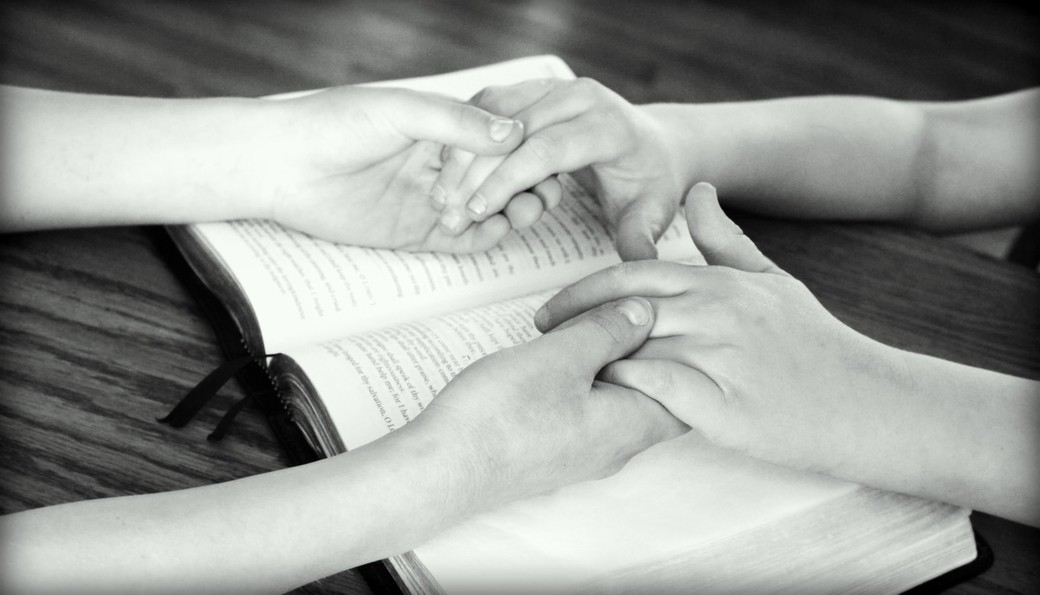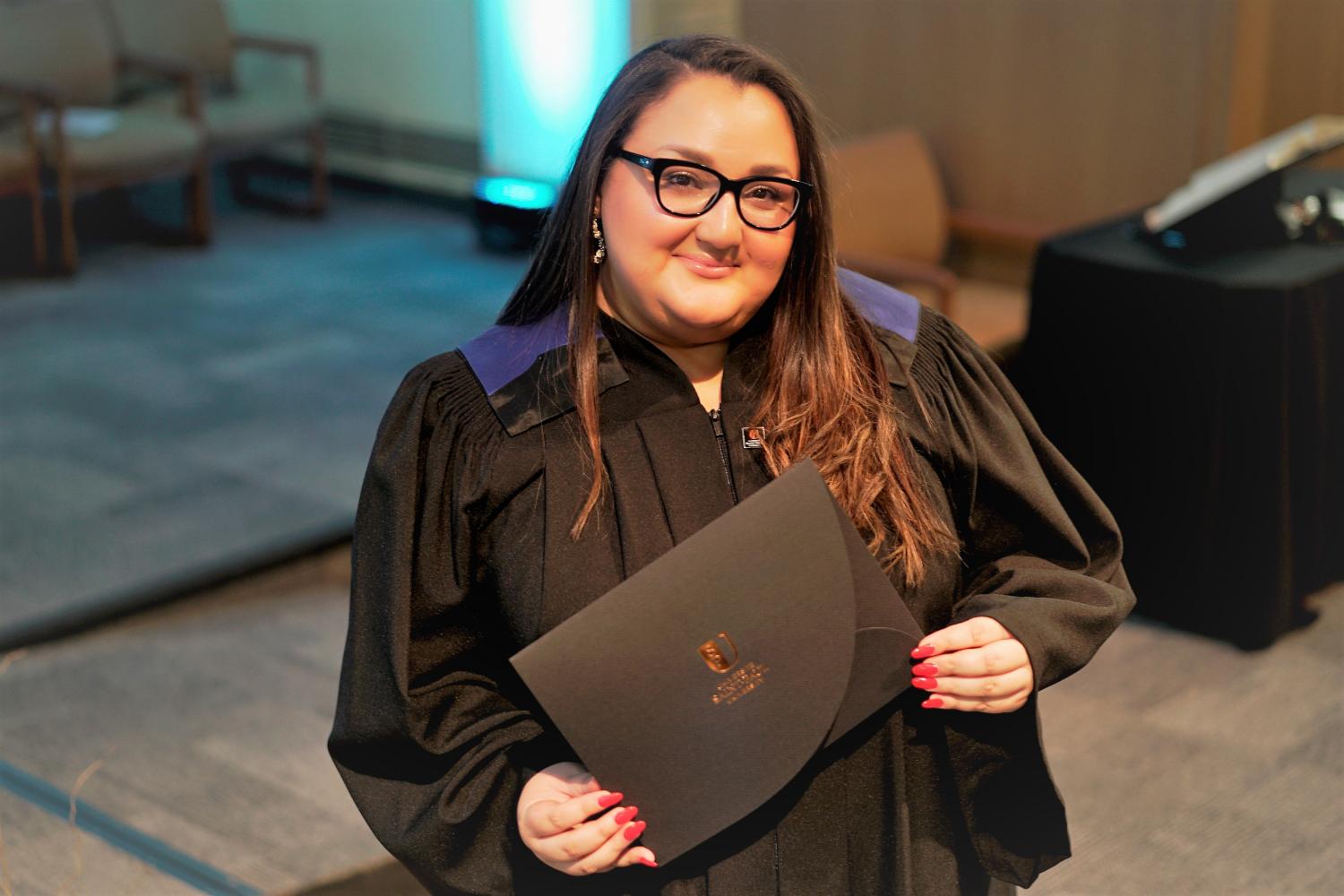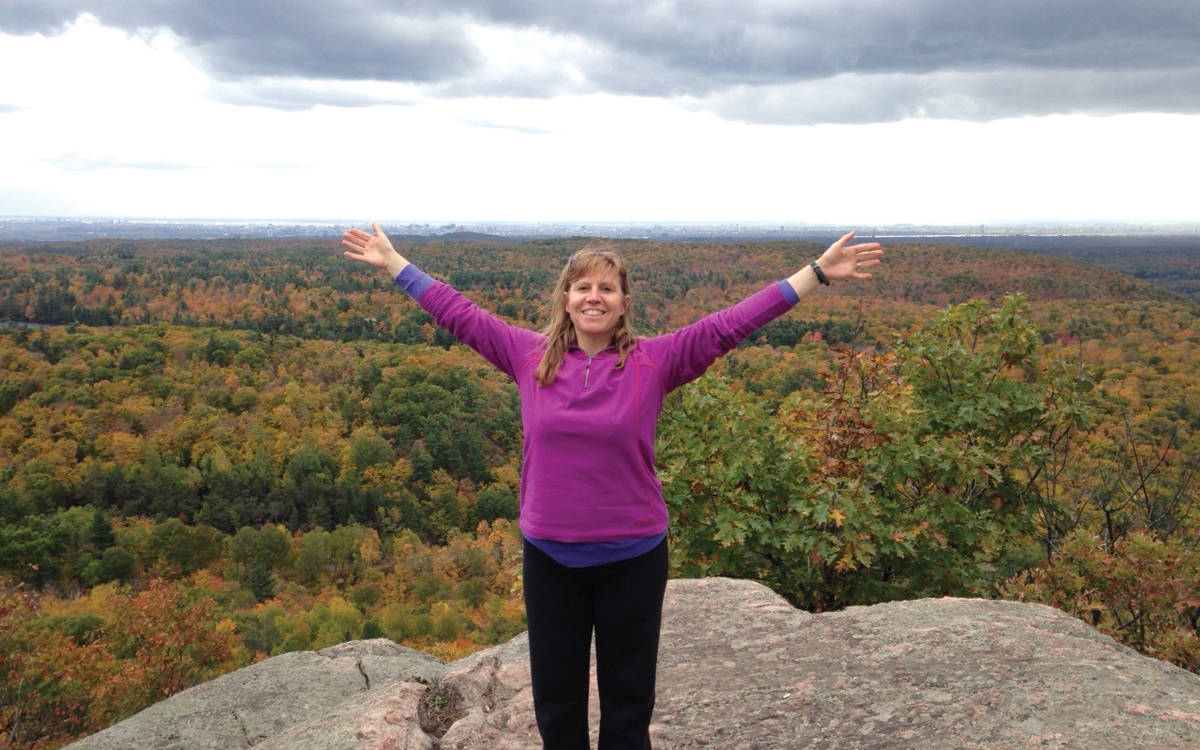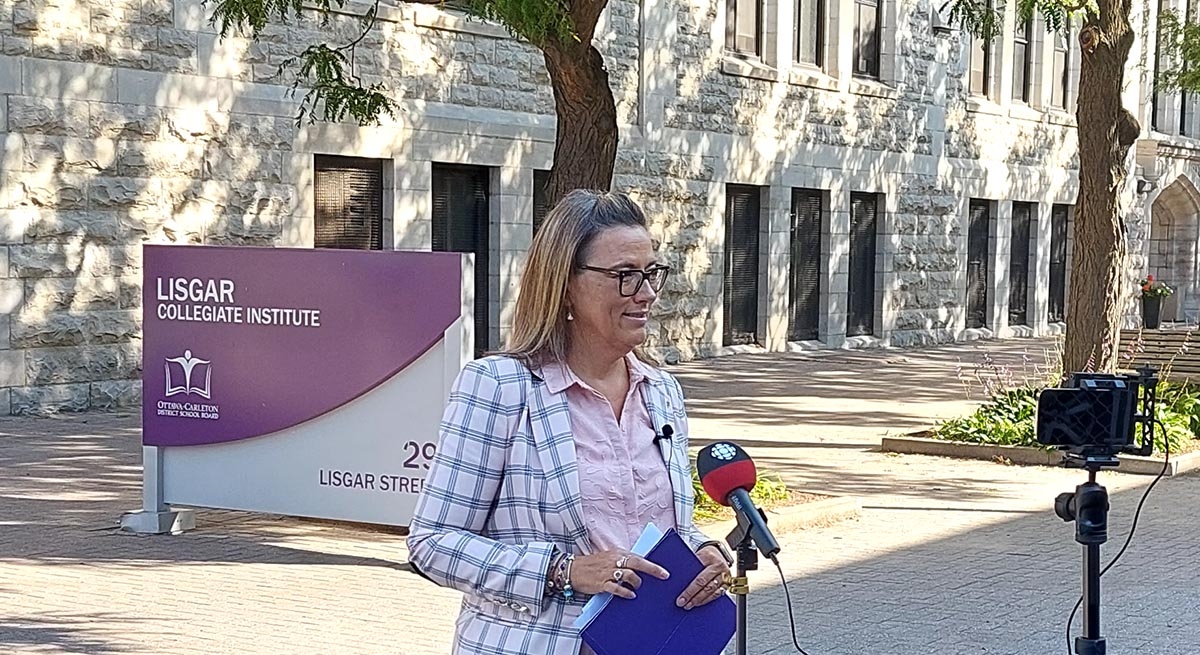
Religion, Theology, and Tomorrow’s Society
Religions in Crisis
October 22, 2015, will mark the first anniversary of a tragic event that took place here in Ottawa: the shootings at the National War Memorial and on Parliament Hill. The attacker claimed he was acting on account of his religious beliefs. Since then, the media have reported that many young people from Canada have travelled abroad to join religious war movements. Must we conclude that religion is dangerous? Should we therefore do our best to “liberate” society from religion? These are serious questions that require adequate answers.
First, let us remember that it is not religious beliefs as such that create the kind of violence we have been witnessing recently. Rather, such violence is the result of fanaticism and extremism. Religion is not going to disappear from our world—despite regular and premature obituaries.
Instead of attempting to eradicate any kind of religion from our society, should we not aim to help people live their religious beliefs in a reasonable way? That is where theology can play an important role in constructing tomorrow’s society.
Gnôthi Seauton: “Know yourself”
This Greek maxim was engraved on the front wall of the temple at Delphi, and became Socrates’ motto. It should be the point of departure for building tomorrow’s society. In order to prepare the future, we must consider the world we live in right now, and its historical roots; we must discover our own identity in order to commit to building the future.
In Canada, we must first acknowledge the importance of the First Nations. In a time when ecology and environment are such important issues, their spiritual heritage is an essential component of our society.
In the Western world, the Judeo– Christian tradition has long played a fundamental role. Jews, Christians, Muslims, Hindus, those of other faith traditions and non–believers alike often share values of peace, justice, love, and ethics. In our country, these values originated in the faith our ancestors implanted in what was to become Canada. In today’s world, very important issues confronting humanity can only benefit from a dialogue with the Judeo–Christian tradition.
Building a future full of hope, love, and justice Christian theology allows for a (re) discovery of the values that shape our past, our present and our future. Through the study of Scripture and tradition, theology helps its practitioners understand God’s true identity, the purpose of Creation, the possibility of living in a covenant with God, and the implications of this covenant on the individual, on the Church and on society. How does the risen Christ’s presence affect all sectors of human life?
Through a better understanding of the relationship of the Jewish people with other peoples, and of the interchange between Christianity and different cultures over the past two millennia, theologians are able to find ways to contribute to harmony in our world in a context of respect in order to promote God’s love and justice throughout the planet. In today’s world, one cannot study theology in isolation. Catholics are in dialogue with Eastern Churches and other Christian denominations; Christians are in dialogue with Jews and Muslims. Collaboration and exchange with other world religions and with agnostic thinkers are increasing. Theology prepares ordained ministers for service in the Church and the world, and certainly we need pastors driven by a sound theological vision; but theology does much more than prepare for ministry. Anyone who takes faith seriously and is committed to constructing a better world can benefit from studying theology.
“Always be prepared to give an answer to everyone who asks you to give the reason for the hope that you have. But do this with gentleness and respect” (1 Peter 3:15 NIV)
Written by Yvan Mathieu, Saint Paul University.









